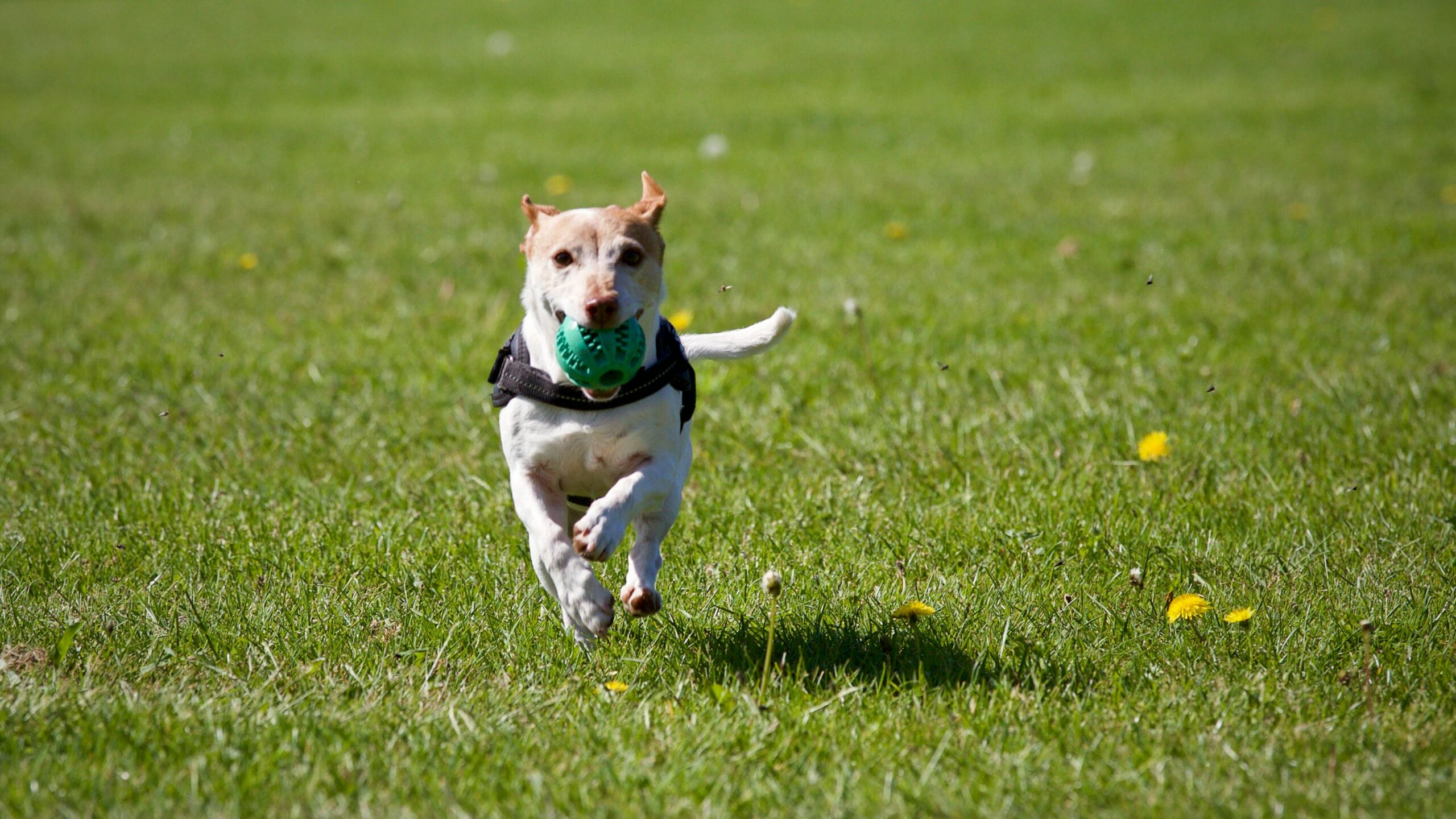Platelet Rich Plasma
This is a safe and effective method of helping animals to heal up more quickly.
It is used particularly after major surgery but there are several other reasons why PRP might help your pet.
What is Platelet Rich Plasma (PRP)?
Blood is made up of blood cells floating in liquid called plasma.
Platelets are one type of cell found in blood.
Platelets have a major role to play in blood clotting but also contain proteins which are very important in helping the healing process.
Platelet Rich Plasma (PRP) is made by taking a blood sample from your pet.
We prepare the blood by taking the platelet containing layer out.
This PRP is used to help healing happen rapidly.
Benefits of PRP
- PRP is useful to stimulate healing in:
- Joints and bones after major orthopaedic operations.
This is especially beneficial after operations on joints such as knees, elbows, and hips. - Bone fractures (severely broken bones).
- Severe injuries to joints, ligaments, muscles, and tendons.
- Other difficult to heal wounds particularly eye ulcers and severe skin damage.
PRP can also help pets with long term conditions which cause joint pain such as arthritis.
In older pets, PRP can help to prolong active life and reduce the need for medication.
How does PRP work?
Platelets contains cell growth factors called cytokines which encourage a new blood supply and make tissue repairing cells called fibroblasts and endothelial cells to grow into damaged and inflamed areas.
Together, these speed up healing.
When treating long term problems, PRP may need repeating every 6 to 12 months to get maximum benefit from its healing effects.
What are the side effects of PRP?
PRP comes from the pet’s own blood, so side effects from collecting blood for PRP are very unlikely.
For eye problems, PRP is usually administered without any need for sedation at all.
The administration is safe and side effect free.
When PRP is injected into joints, pets usually need an anaesthetic because they need to hold really still during the procedure.
This is why we often recommend PRP during major surgical procedures, so the treatment is given while the pet is under the anaesthetic used for the operation.
To treat arthritis, a short period under anaesthesia is needed to administer the PRP therapy.
All anaesthetics carry a minor risk.
How do I know whether my pet would benefit from PRP
One of our vets will discuss the use of PRP with you when this would be of benefit during an operation.
The use of PRP for arthritis is recognised to improve joint healing.
If your pet has arthritis, we are now taking bookings for PRP therapy.
If you are interested in PRP therapy, please contact us on 01472 347054/362821/240422 to find out whether PRP is suitable for you and your pet.
We may recommend a consultation with a member of our team to discuss alternatives if we feel that PRP may not be the best choice for your pet.
